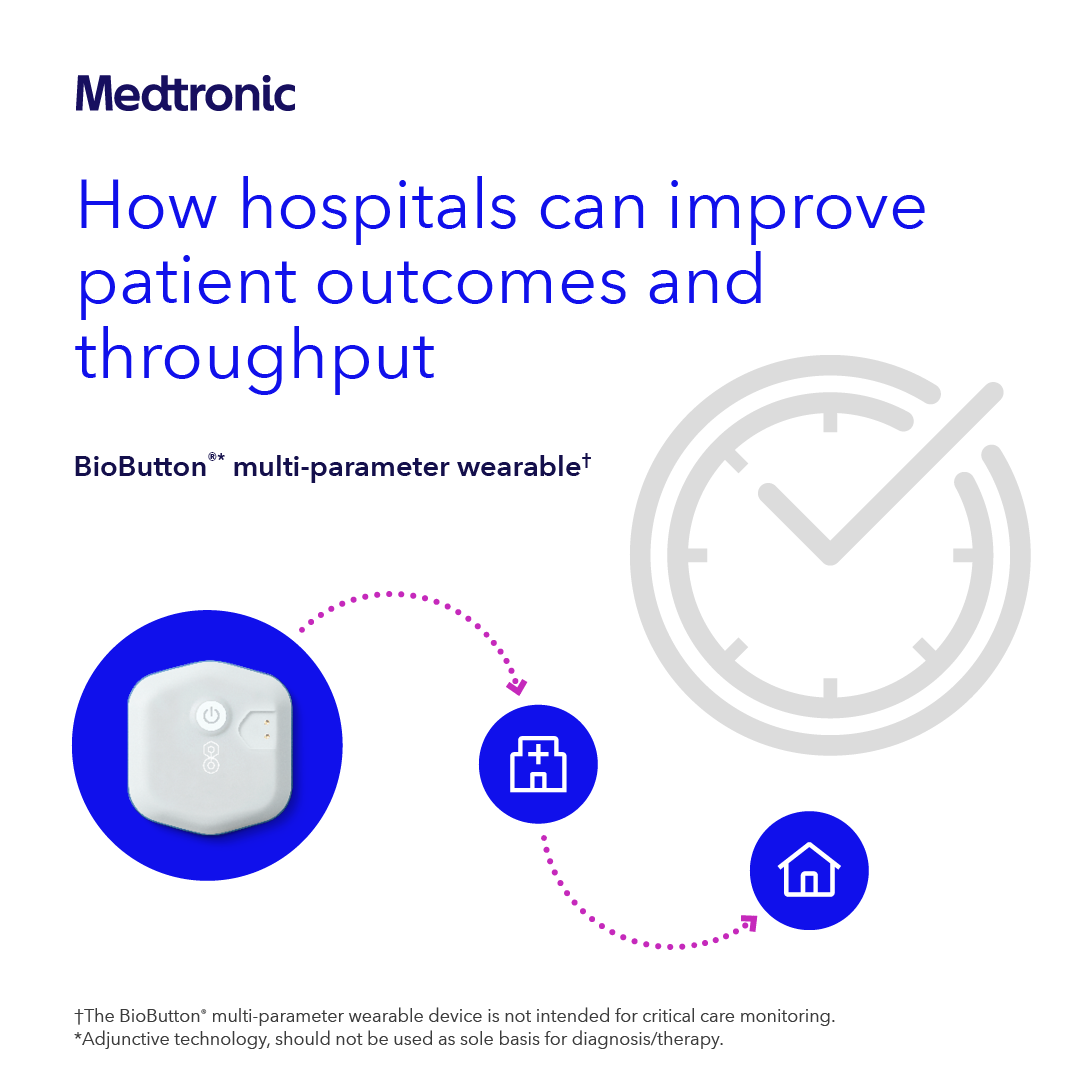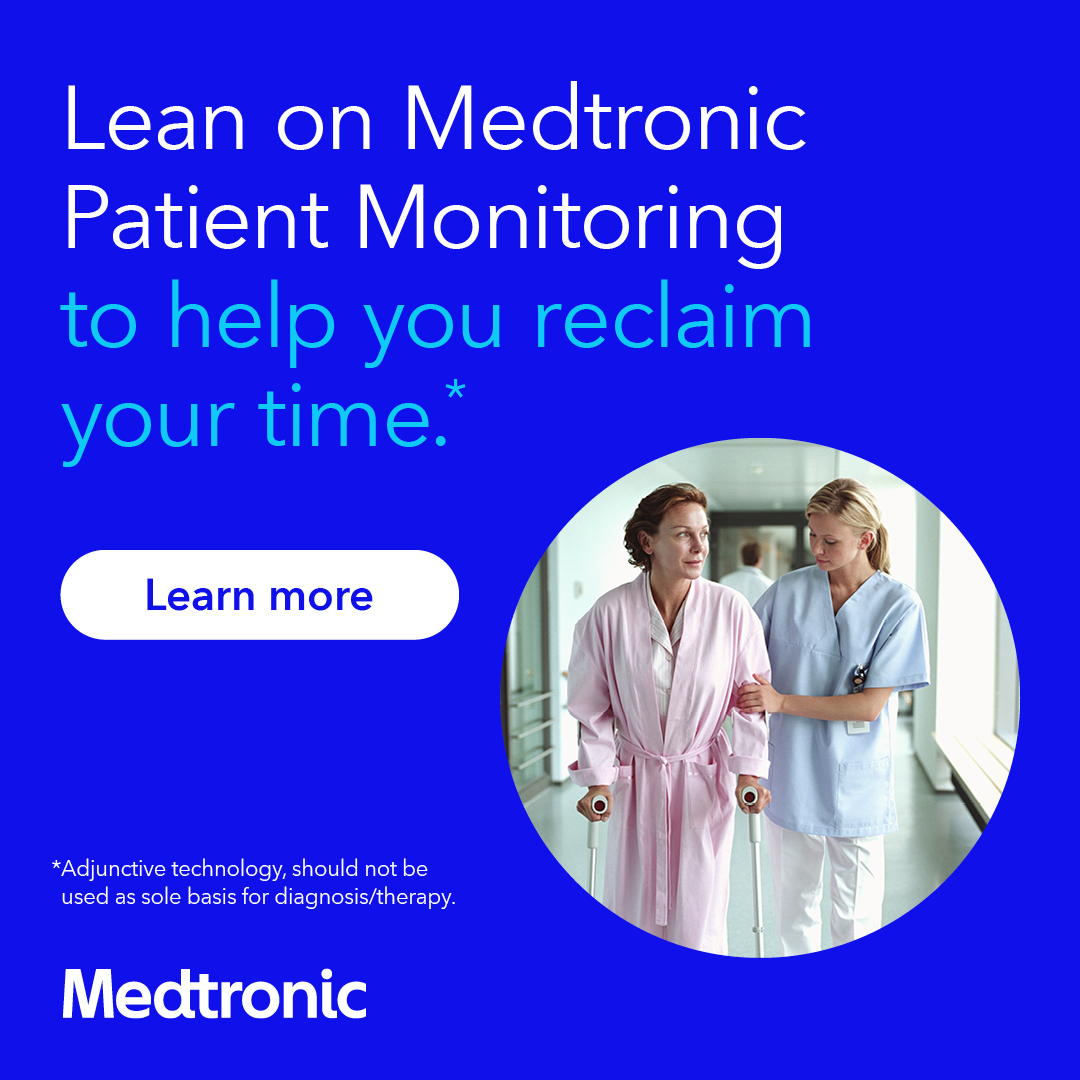Social Determinants of Health

Improve Health Outcomes by Addressing Social Determinants of Health
The Academy of Medical-Surgical Nurses (AMSN) and its more than 13,000 members represent nurses who have advanced organizational, prioritization, assessment and communication skills and are leaders in coordinating care among the interprofessional health care team. Medical-surgical nursing is practiced in several settings across the health care industry, including hospitals, outpatient settings, in homes, via telemedicine and other non-traditional settings. As the only national professional organization representing the voice of medical-surgical nursing, our strategic mission for patients and their access to high-quality, affordable health care includes addressing social determinants of health (SDOH) in policy.
Health outcomes after discharge from the hospital are closely linked to SDOH
Healthy People 2020 defines SDOH as the social and physical environment for health - resources to meet daily needs, education, housing, transportation options, public safety, language and social support.
- Medical-surgical nurses are responsible to discharge patients to an environment that is safe with sufficient resources to recover at home or a post-acute or rehabilitative setting.
- The profession has developed the Certification for Medical-Surgical Registered Nurses (CMSRN) and Certification in Care Coordination in Transition Management (CCCTM) to support, advance and demonstrate skill in care transitions.
Research driving evidence-based policy improves outcomes, reduces costs
- Health care delivery and payment systems should support evidence-based care transitions that reflect SDOH. In 2018, the Administration authorized Medicaid managed care systems to cover services such as transportation and home assessment that are not usually considered health care services. These are critical to ensuring patient recovery within their SDOH and help reduce risk of costly readmissions to the hospital.
- U.S. Department of Health and Human Services Accountable Health Communities models screen high utilizers of healthcare services for food insecurity, domestic violence risk, and transportation, housing and utility needs. The CMMI Maternal Opioids Misuse (MOM) and Integrated Care for Kids (InCK) models coordinate clinical care and integrate support services for vulnerable populations.
AMSN Request
Support health plan coverage of services covering SDOH which improve health outcomes and reduce costs from preventable readmissions to the hospital. Support research initiatives and innovative models in patient discharge and transfer.



